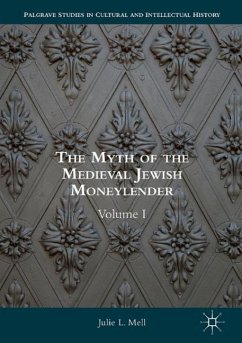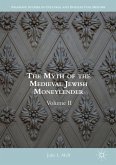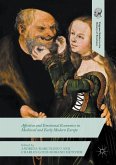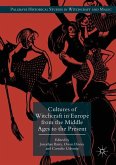This book challenges a common historical narrative, which portrays medieval Jews as moneylenders who filled an essential economic role in Europe. It traces how and why this narrative was constructed as a philosemitic narrative in the nineteenth and twentieth centuries in response to the rise of political antisemitism. This book also documents why it is a myth for medieval Europe, and illuminates how changes in Jewish history change our understanding of European history. Each chapter offers a novel interpretation of central topics, such as the usury debate, commercial contracts, and moral literature on money and value to demonstrate how the revision of Jewish history leads to new insights in European history.
"This book stimulates thought and reflection on the nature of the historical thinking and the need for critical thought. Students and researchers embarking on studies of medieval Ashkenazic Jewry or of modern images of the medieval Jewish past would be well advised to read this at an early stage of their work. It is brave, original, and enlightening." (Shaul Stampfer, Religious Studies Review, Vol. 44 (4), 2018)








